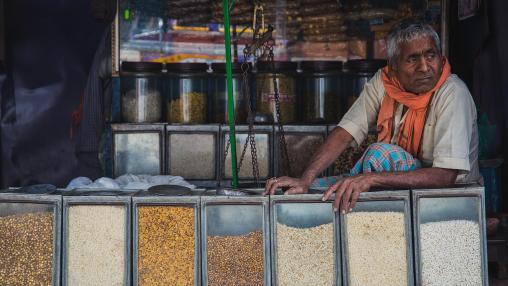
Data Shows Extreme Price Volatility Declining
It's become clearer and clearer in recent years that spikes in food prices can have significant impact on incomes, markets, and nutrition worldwide. Extreme fluctuations in the price of food can pose challenges for both consumers and producers, and also often lead to political and market overreaction such as export restrictions. While such policies are designed to protect domestic populations, they can further exacerbate price spikes on the international market and have devastating consequences for global food security.
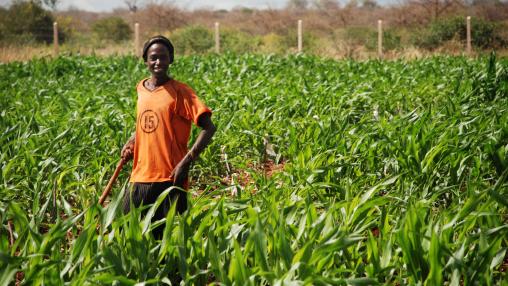
Transforming Ethiopia through Agriculture
Ethiopia faces many challenges, but the country is quickly shedding its label as one of the world’s poorest countries, finding itself today among the world’s 10 fastest growing economies. The question now at hand is how to sustain this historic growth, and emerge as a middle-income country by 2025. The Ethiopian government is turning to its leading—but one of its most underperforming— industries for the answer: agriculture.
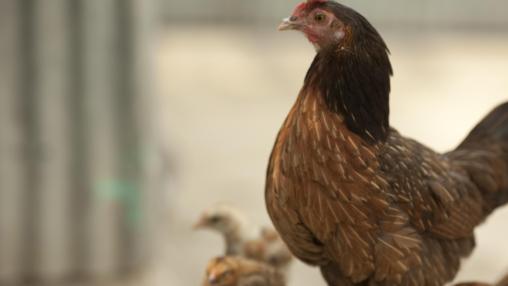
Fighting Avian Influenza
With breaking news about new cases of highly pathogenic avian influenza (HPAI) coming out of China, questions arise again about how this disease is transmitted and what can be done to prevent future outbreaks. While the Chinese government has heightened disease detection efforts and increased prevention, control, and communications efforts in response to the recently reported cases, a strong global response is also necessary to control the spread of this disease.
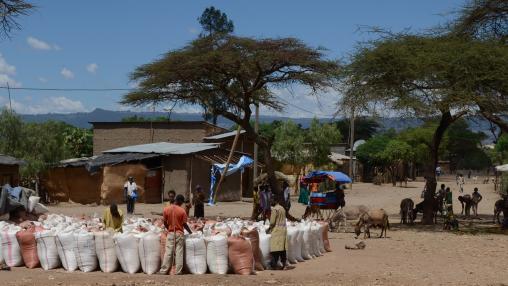
Empowering Policy through Information
Effective policymaking relies on sound knowledge. Knowing what works and what doesn't, who the target population is and what they need, and what the situation is really like "on the ground" is crucial to ensuring that policies and programs have the desired impacts. But all too often, critical information is out of date, difficult to locate and access, or even nonexistent.
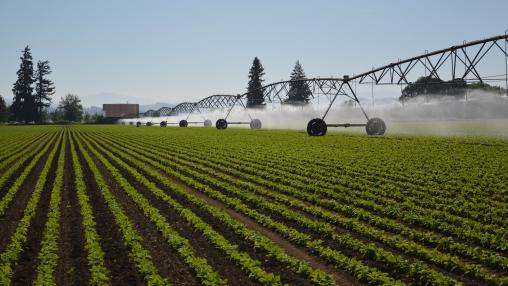
How Does Heterogeneous Farm Size Impact Groundwater Usage?
Today marks the 20th annual World Water Day, an event centered on increasing recognition of the importance of freshwater and advocating for the sustainable management of the world’s freshwater resources. This year’s World Water Day is dedicated to the theme of international water cooperation and is coordinated by UNESCO in collaboration with UNECE and UNDESA on behalf of UN-Water.
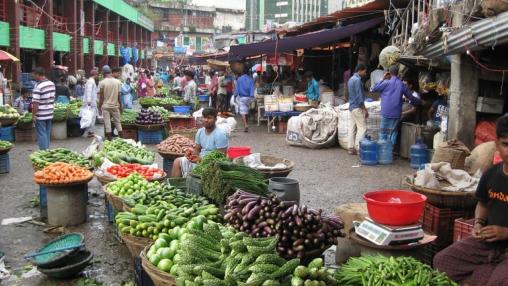
IFPRI Calls for 2013 to Be Year of Change in Food Security, Development
2012 was a year of challenges for the global food system, from severe drought in Central Asia, Eastern Europe, and the United States to ongoing conflict in Central Africa to political stalemates over the end of distortionary agricultural subsidies in the US and EU. As 2013 begins, global food security continues to be in a vulnerable position, with 870 million people hungry and 2 billion people poorly nourished.
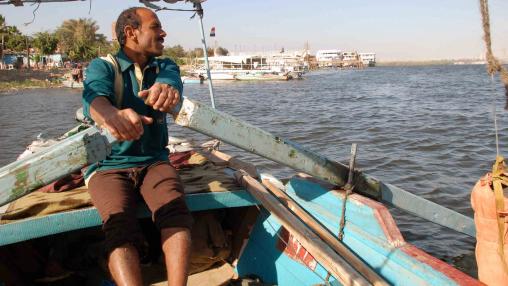
Arab Spatial Provides Interactive Look at Food Security in the Arab World
The great hope that rose from the Arab awakening is being continually tested—not only by ongoing political unrest, but also by lesser known forces: volatile food prices and supplies, and grinding poverty. Translating hope to better lives rests on effective policy—and effective policy rests on access to adequate and accurate information, also in scarce supply in the region. For instance, only around half of the region’s countries make poverty figures publicly available, and the frequency and accuracy of those figures varies widely.
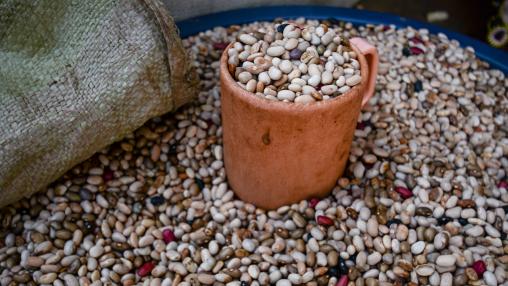
Global Experts Meet to Discuss Food Prices, Price Volatility
Cross-posted from University of Bonn's Center for Development Research
Summary of the international expert consultation organized by the Center for Development Research (ZEF) and International Food Policy Research Institute (IFPRI) held at ZEF in Bonn, Germany on January 31 and February 1, 2013.
By Joachim von Braun (ZEF) and Maximo Torero (IFPRI)
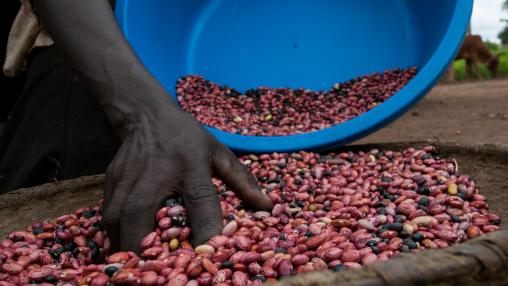
The State of Food and Agriculture 2012
On January 22, the FAO launched the 2012 edition of its annual report, “The State of Food and Agriculture (SOFA) 2012: Investing in Agriculture for a Better Future", in the US. The launch event was hosted by IFPRI, FAO, and the Partnership to Cut Hunger and Poverty in Africa and featured speakers from all three institutions.
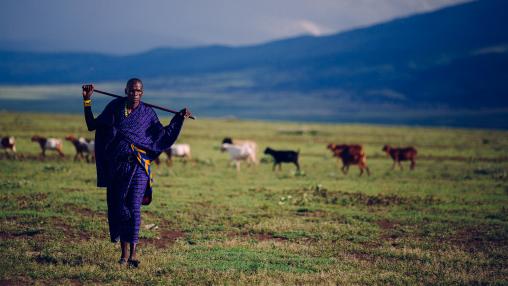
Survey Finds East African Farmers Are Adopting New Climate-Mitigation Practices
One of the biggest challenges faced by smallholder farmers today is climate change, and the increasingly variable weather patterns that result from it. While farmers in some tropical regions may benefit from rising temperatures, the majority of the world's smallholders will face increased hardship as a result of warmer weather and uncertain rainfall. Future food security, particularly for developing countries, will depend on how populations react to and cope with the challenges presented by climate change.